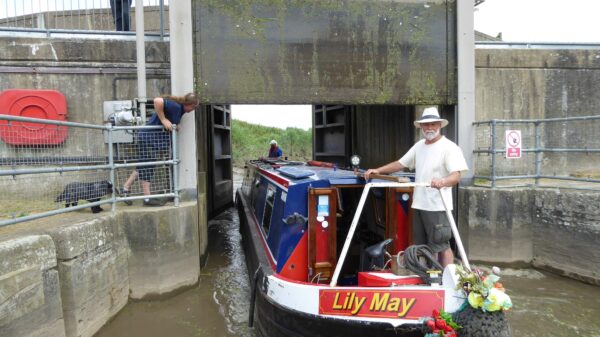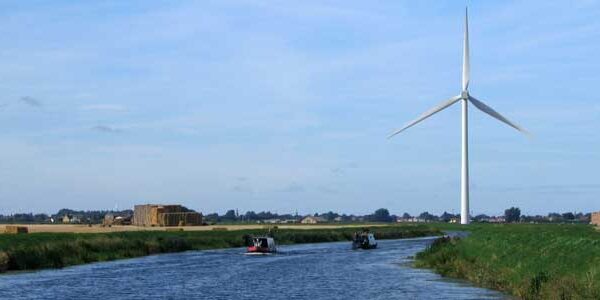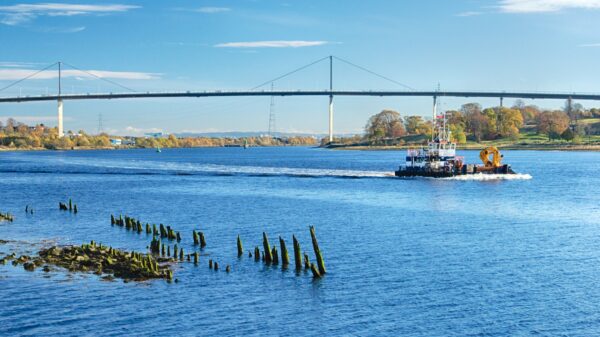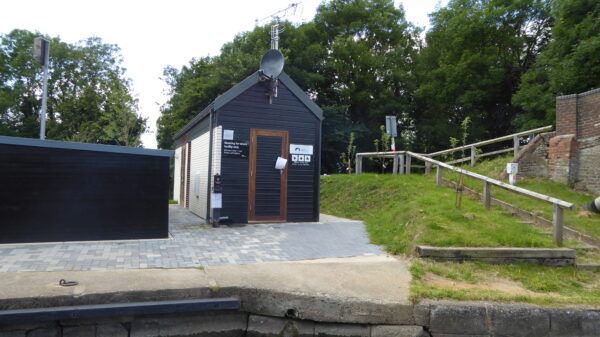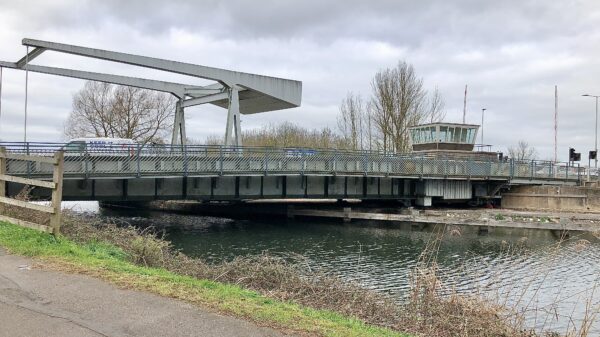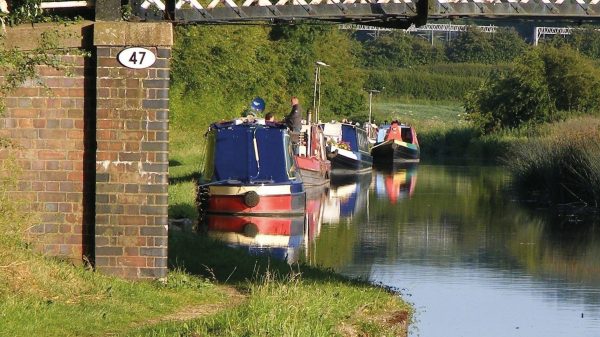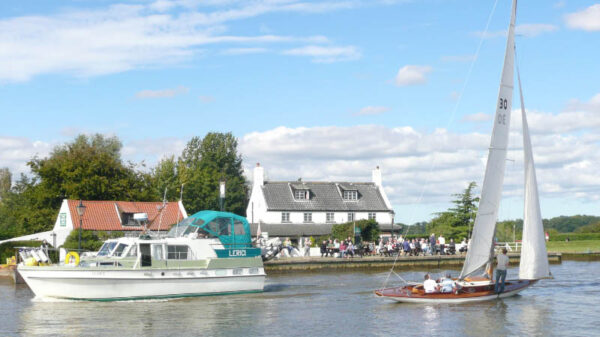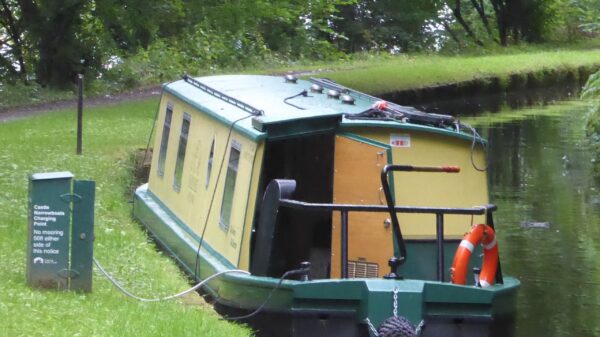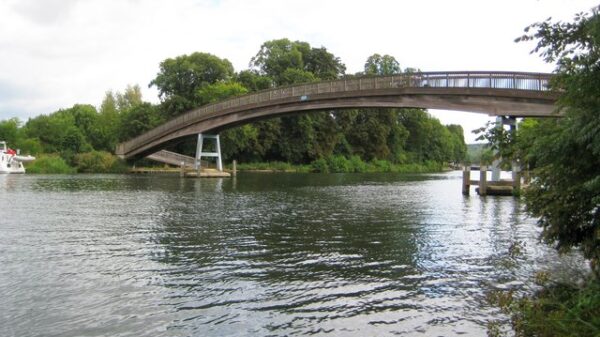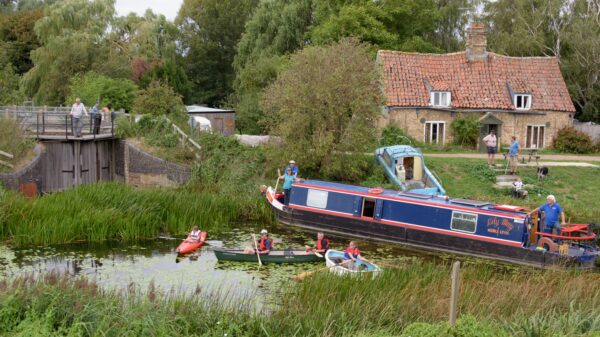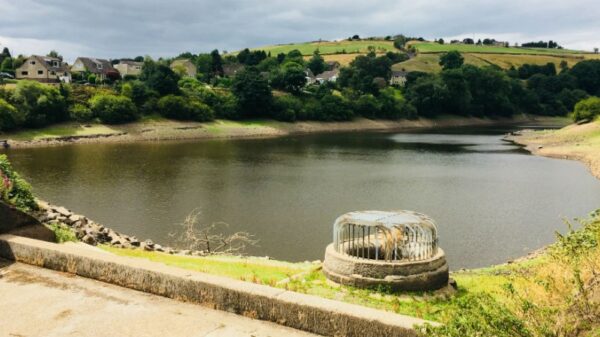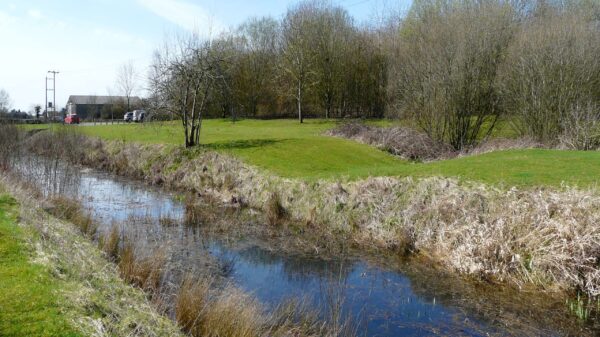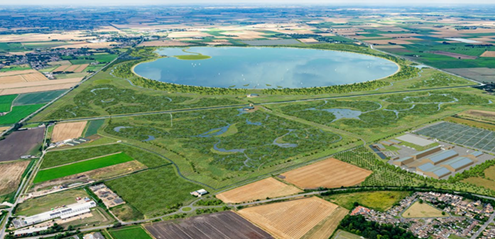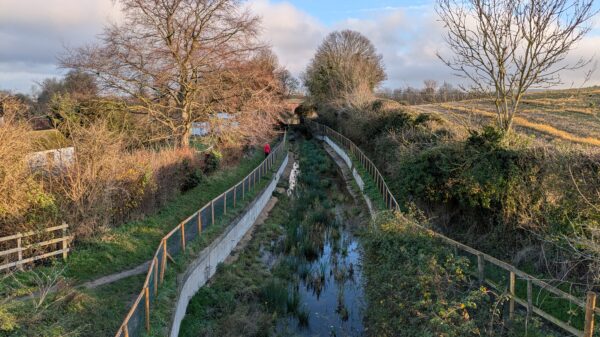I’ve lived afloat for nearly 14 years, on two different boats. I’ve experienced live aboard life whilst moving around the system, off grid, and on a static mooring with facilities. I enjoy living on my boat and wouldn’t change it for the world. Here are a few things I wish I’d known before living on a canal boat.
1. Keeping up with boat chores takes as much time as a part time job
Even more so if you are moving around and need to find a new mooring every couple of weeks. There are so many extra jobs that you need to do to maintain and run a boat. For example, collecting and moving fuel, filling your water tanks and emptying toilet tanks. A fairly significant chunk of your time will be devoted to these daily tasks, so it’s important to think about how this will affect your life.
2. Small jobs become big jobs
All the systems on a boat are connected. If one thing fails, it’s likely to cascade and affect lots of other systems. If you have no power, then as well as no lights you’ll also have no water pumps. So it’s a good idea to have two methods of heating water, two ways to heat the boat, and several ways to charge your batteries!
3. Living on a canal boat needs Systems planning
How will you use the boat – will it match with existing systems? There is no standard way of setting up the systems you need to live comfortably on a boat. Decisions about heating and plumbing need to take into account whether the boat will be off grid or not, and whether it will be moving or in one place for days at a time.
For example, a boat that spends a lot of time in a marina and connected to mains power will likely have systems that rely heavily on electricity. Take that same boat off grid and you may struggle with hot water and space heating because these systems rely on power-hungry pumps. If hot water is generated by running the engine and stored in a tank, this is fine if you’re moving every day. However, if you’re in one place for days you may wish you had an instant gas water heater that doesn’t need you to run the engine.
4. It is possible to lose things on a boat
I imagined I would become some kind of minimalist with only useful possessions. However, I was never a minimalist before I moved aboard and after 14 years we have accumulated a lot of stuff. On the flip side it’s entirely possible to have a library on a boat!
5. Living on a canal boat takes some Defending
You’ll learn that you need to defend your lifestyle all the time and on several fronts. You’ll need to defend your decisions to friends and family but also to the various authorities we all need to interact with. Our way of life is not always well understood and I have spent a lot of time in meetings with local authorities advocating for the rights of my community. That said, I’ve made firm friends through campaigning and learned a lot along the way.
6. Having ‘No Fixed Abode’ is really annoying
Even if you have a mooring, many boaters don’t have an address the same way as land dwellers do. I spent a decade without an address and it affected me in so many annoying ways. Everything needs a postcode these days and many boaters end up struggling to vote as a result. I got by with two different addresses for different purposes. One in another county that a family member kindly let me use for “official” things. And another when I actually needed to get something delivered or show a local connection. Even now, on a full residential mooring with a post box, it took months of letters and phone calls to add our boat to Royal Mail’s official address list.
7. Setting a fire to keep in overnight is an art form
There is a certain timeless fulfilment that comes from heating your home all winter using wood and coal. But on a chilly night when you’ve run out of kindling and firelighters, and the coal is in a heavy wet bag on the cabin top, you do envy those with central heating. Actually I do now have central heating on our boat. But like everything with boats it’s never simple. You have to make sure there’s enough power to run the heating pumps and enough diesel (or HVO) in the tank. The answer to the eternal question that boaters get asked by land dwellers “does it get cold in winter?” is YES, but only if the fire goes out.
8. Living on a canal boat makes you feel like you’ve become public property
Spending time moored on the country’s network of navigable waterways, you often find yourself passing through tourist hotspots and holiday destinations. The sight of boats adds to the colour and vibrancy of the area. Which is great, and it’s quite satisfying to be living (for a few days at least) somewhere that other people visit for fun. Until those people start climbing on to your boat to take selfies, or asking you if you offer boat trips!
9. It isn’t always cheaper than living on land
It can be, especially in cities like London but licence, fuel and maintenance costs add up. Then there may also be loan repayments and mooring fees to consider. Boat breakdowns can also be unexpected and very expensive to repair. But with my mooring fees, council tax (which is sometimes payable depending on the mooring), fuel and maintenance it’s about the same as renting or paying a mortgage on a small place on land in a similar area.
10. Living on a canal boat Is more than a lifestyle
Living afloat has become more then a lifestyle for me, it’s an identity – I feel part of a community of people who support each other, and I love how close I am to the changing seasons and to wildlife. When I am in the kitchen, maybe preparing some food to share with my neighbours, I might look out and see one of the resident pair of cormorants diving into the water. And I can’t imagine living anywhere else.

